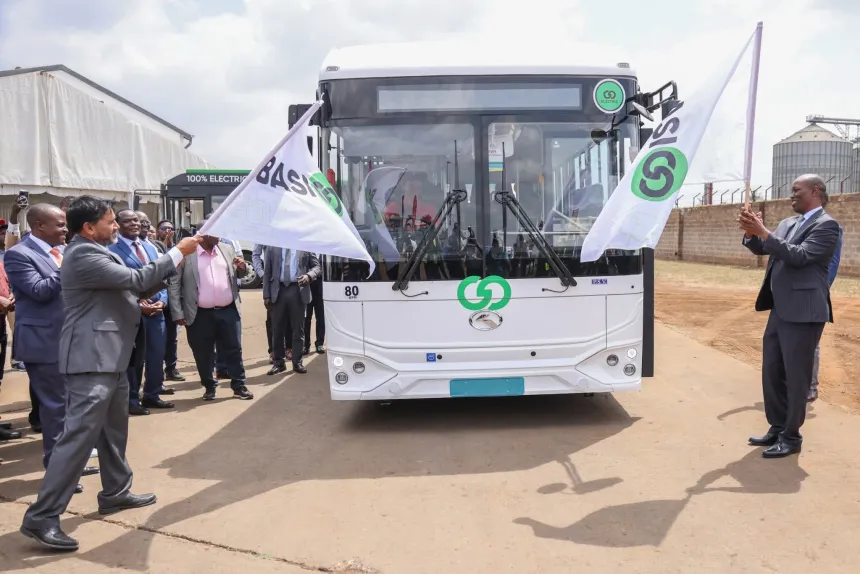Kenya is taking bold steps to grow its electric vehicle (EV) sector. The government has introduced a new automotive policy that encourages local assembly and production of vehicles.
Speaking in Thika during the signing of a partnership between Kenya Vehicle Manufacturers (KVM) and electric mobility firm BasiGo, Cabinet Secretary for Investment, Trade, and Industry, Lee Kinyanjui, said the policy will help reduce the country’s dependence on petroleum imports. “Petroleum remains Kenya’s single largest import,” he noted.
Incentives for Local Vehicle Assembly
Under the policy, fully imported vehicles will face higher taxes. Locally assembled vehicles, on the other hand, will benefit from incentives. This includes support for manufacturers of vehicle parts such as wheels, seats, and glass.
“Companies producing vehicle components will get incentives. Our goal is to encourage local content and build a strong automotive ecosystem,” Kinyanjui said. This will also create jobs and allow small and medium enterprises to participate in the supply chain.
Financing Support from Japan
President William Ruto recently secured a Ksh 13.1 billion concessional loan from Japan. This funding will help local companies access affordable credit for manufacturing vehicle components, such as bodies, wheels, and glass.
KVM-BasiGo Partnership
The partnership will see King Long electric buses assembled locally at KVM’s Thika facility. KVM brings decades of assembly expertise, while BasiGo contributes innovations in electric mobility.
CFAO Mobility Kenya, which acquired 99% of KVM last year, plans to expand capacity. Investments include new assembly lines, a 15,000 square meter logistics warehouse, and a world-class training school.
Challenges and Next Steps
Matatu operators have welcomed the move, but some, like CitiHopa CEO Judy Thuo, are concerned about high electricity costs. CS Kinyanjui said his ministry is working with the Energy Ministry to ensure a smooth transition.
Kenya’s automotive policy positions the country as a regional hub for electric vehicles. The plan promises job creation, industrial growth, and a greener future for transport.

